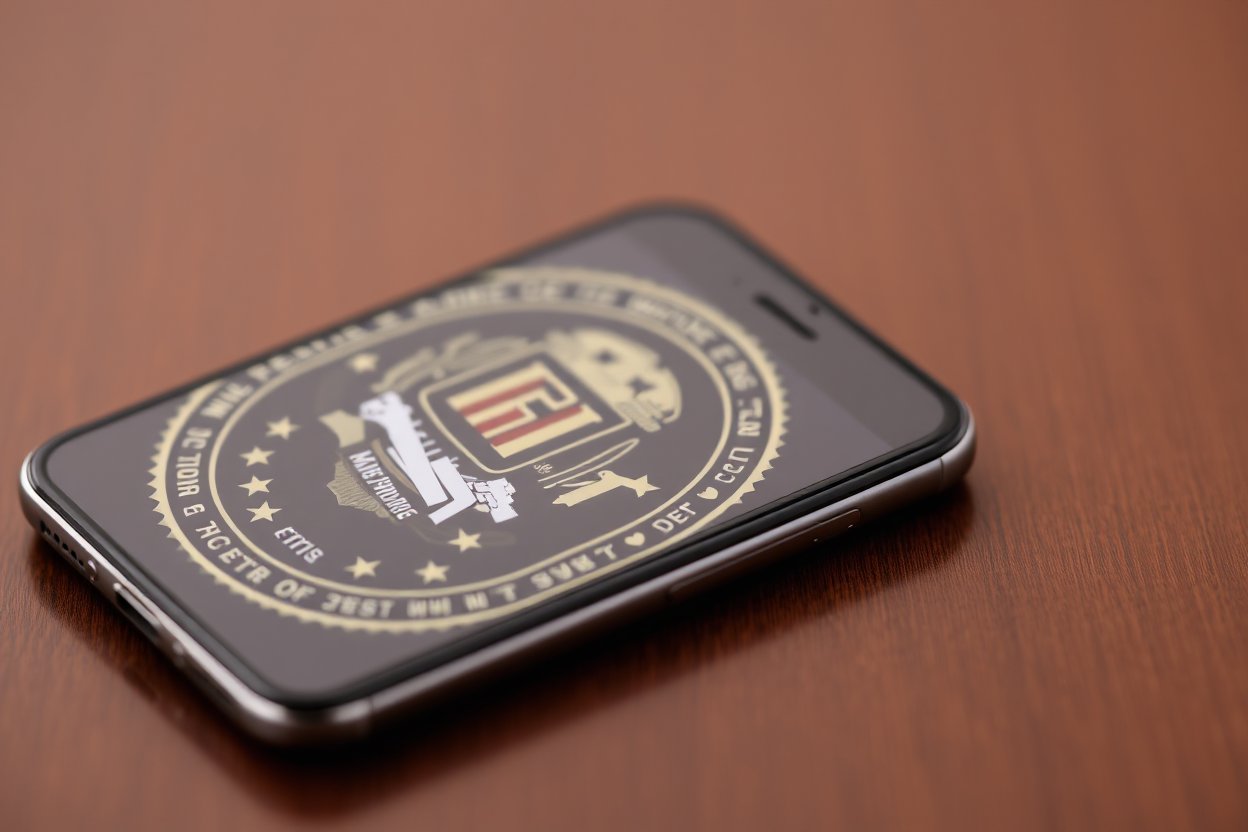E-ZPass Scam Warning Fake Toll Messages Stealing Personal and Financial Data
The FBI circulated an emergency alert that was solely targeted at the users of iPhones and Androids, regarding a “smishing” attack which spent time rolling out in the cybercriminal activities of China and it is increasing quickly.
Highlights
In these well-calculated schemes, scammers use SMS to mislead and exploit people, pretending to be from trustworthy institutions so that they can get the information they want.
In addition to fraud messages focused on people, travelers will also receive bogus notices of tolls, and consequently, hackers will steal their confidential information, such as PINs, bank accounts, etc.
The Rise of Smishing Attacks
Despite the fact that smishing essentially uses false interaction through text messages, a catch-all term for “sms” or “phishing” is presented as smising. It’s not uncommon for hackers or cybercriminals to switch lame phishing brands over to go after users using smishing technique through manipulating them to respond promptly to texts that seem to be sent from the legitimate people they believe in.
Indeed, the malicious actors are currently very busy, with many of them sending mass fake messages to the audience that are usually masked to look like those from real organizations like toll road operators. Using intimidation to manipulate the recipient(s) into the urgency of the resolution also plays a significant role. Thus, they are misguided into doing what is necessary to solve the situation.
E-ZPass Scam A Closer Look
The E-ZPass scam is one of the most famous types of this smishing scam. People who get these text messages claim that they are from E-ZPass or other different toll agencies located near the location of the victim, which usually leads to a disturbance of the normal flow of the toll system.
They involve the person in an issue they need to make an immediate payment or suffer severe consequences. The messages contain URLs to fake websites, phishing people for their credit card and other identities. They look so much like the real toll authority sites that users can input their credit card details, making it impossible to get caught. The fake pages are a mix of the two, and the user, most of the time, falls for it because they cannot tell until they have pressed on them
.
Scope and Impact
The increase in the number and impact of the smishing attacks has caused most cybersecurity experts to experience the attacks most dramatically. Daily, tens of thousands of such messages have been sent to people who live in multiple US states, mostly to those states including Massachusetts, Florida, and Texas. A lot of money is dangled; the Federal Trade Commission’s forecast of the 2022 deficit ($8.8 billion) is much grimmer.
In addition to the financial losses, there is also a risk of identity theft apart from stolen personal information, which is one way malicious people can use it.
FBI’s Advisory and Recommendations
To combat safety issues, the FBI suggested that all smartphone users behave carefully. Now, the institution has designed some ways to prevent attacks on users.
Do Not Click on Suspicious Links
The links in the messages you receive must be avoided even though you did not receive any message. They included links that were either illegitimate or part of some suspicious activity.
Verify Authenticity
In case you have received a strange message, it is always important to find out if it is the right person and deal with the matter by discussing it with the provided company customer service number or the company’s official site with the real.
Use Encrypted Messaging Apps: It is highly recommended that you use programs that provide encryption for your communication, such as Signal and WhatsApp.
Keep Software Updated
One way to keep your device safe is to constantly update the programs and the Operating System so that the security holes are fixed using the latest updates.
Report Suspicious Messages
The FBI’s Internet Crime Complaint Center (IC3) and the Federal Trade Commission (FTC) are to be notified if you receive a smishing message or are one of those who try to communicate with you.
Conclusion
The trend of smishing attacks aimed at iPhone and Android smartphone users is the synthesis of the fact that the crooks have always been recognized as adapting their strategies, and every single time when the public is targeted, they skim off money and information from weak people. The individuals who have constantly stood by themselves by the security
recommendations reside in the group of individuals losing out solely on the view of the most intricate frauds now. The monitoring question of the FBI is still being carried and the message for the public is quite clear they need to act with sustainability and be more proactive to keep personal data’s defense their priority than ever but make it also clear that It’s OK to refuse to answer


